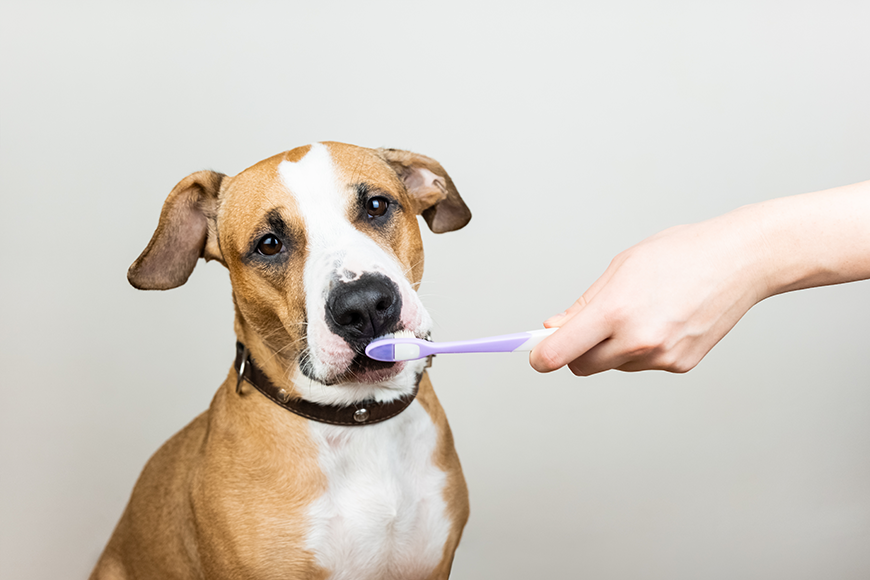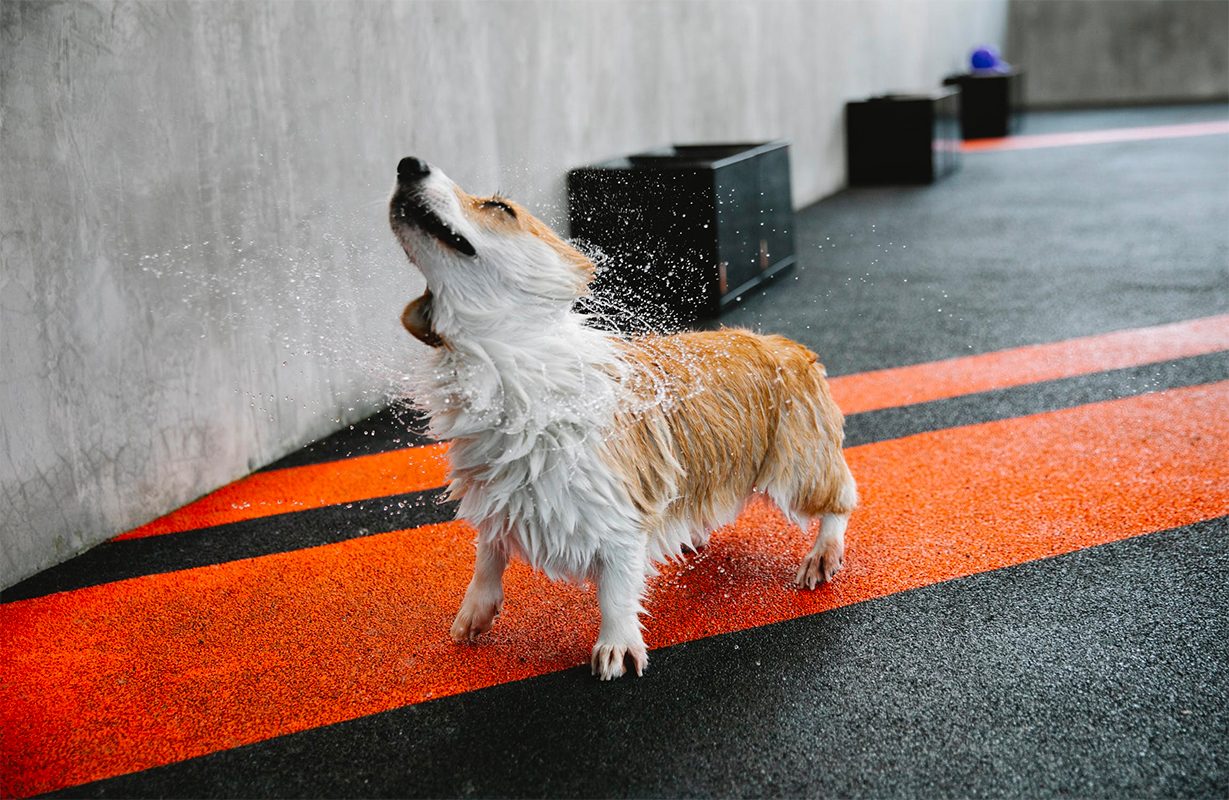Rare Diseases in Cats and Dogs. In veterinary medicine, the concept of rare diseases in cats and dogs is a captivating yet often overlooked facet. As pet owners and professionals navigate the intricacies of animal health, a deeper understanding of these elusive conditions is imperative. In this comprehensive exploration, we delve into the complexities of rare diseases affecting our beloved feline and canine companions, shedding light on their challenges, the diagnostic hurdles, and the potential avenues for treatment and management.
The Enigma of Rarity:
Rare diseases in cats and dogs encompass various conditions that collectively affect a minority of the pet population. Often characterized by atypical symptoms, varying severities, and limited research, these conditions are enigmatic puzzles that challenge veterinarians and researchers alike. While some rare diseases are hereditary, others arise spontaneously, leaving pet owners and professionals grappling to decipher their underlying causes.
The Diagnostic Odyssey:
Diagnosing rare animal diseases requires astute clinical observation, advanced diagnostic tools, and collaboration between veterinarians, pathologists, and geneticists. The scarcity of cases and the potential overlap of symptoms with more common ailments can lead to diagnostic delays and misdiagnoses. Cutting-edge technologies such as DNA sequencing and advanced imaging have emerged as valuable allies in unraveling the mysteries of these conditions.
Hereditary Puzzles:
Many rare diseases in cats and dogs have a hereditary basis linked to genetic mutations that affect various bodily functions. These conditions often manifest as metabolic disorders, neurological anomalies, or anatomical deformities. The study of breed-specific genetic predispositions has unveiled a world of insights into hereditary rare diseases, empowering breeders and veterinarians to make informed decisions that safeguard the health of future generations.
The Impact on Quality of Life:
Rare diseases can profoundly impact the affected animals’ quality of life. Chronic pain, impaired mobility, and compromised organ function are just a few of the challenges faced by these pets. As owners grapple with the emotional and financial burdens of managing these conditions, the importance of supportive care, palliative measures, and adaptive strategies becomes evident.
Advancing Research and Treatment:
While rare diseases present a myriad of challenges, ongoing research endeavors offer glimmers of hope. Collaborative efforts between veterinary institutions, researchers, and pharmaceutical companies strive to expand our knowledge of these conditions and develop innovative therapies. Clinical trials, experimental treatments, and targeted interventions promise to improve the prognosis of animals afflicted by rare diseases.
A Call for Awareness:
Raising awareness about rare diseases in cats and dogs is crucial to fostering a more compassionate and informed approach to their management. Pet owners are encouraged to be vigilant about any unusual signs or behaviors exhibited by their furry companions, promptly seeking veterinary care when necessary. Educating the public about the prevalence, symptoms, and available resources for rare diseases can potentially contribute to early detection and improved outcomes.
A Vision for the Future:
As veterinary science evolves, our understanding of rare diseases in cats and dogs continues to expand. The collaborative efforts of veterinarians, researchers, and animal advocates promise to unveil new insights, innovative treatments, and enhanced diagnostic capabilities. Through a collective commitment to unraveling the mysteries of these conditions, we pave the way for a future where our cherished pets can lead healthier, happier lives, regardless of the challenges posed by rare diseases.
1. Fleas and Ticks:
- Use veterinarian-approved flea and tick preventives regularly.
- Keep your pet’s living area clean and vacuum frequently.
- Trim tall grass and bushes in your yard to reduce tick exposure.
- Check your pet’s fur for fleas and ticks after outdoor activities.
2. Heartworm Disease:
- Administer monthly heartworm preventives as prescribed by your vet.
- Avoid leaving your pet outdoors during peak mosquito activity times.
- Keep doors and windows screened to prevent mosquito entry.
3. Obesity:
- Feed your pet a balanced diet with appropriate portion sizes.
- Provide regular exercise through walks, playtime, and interactive toys.
- Limit high-calorie treats and table scraps.
4. Dental Problems:
- Brush your pet’s teeth regularly with pet-safe toothpaste.
- Provide dental chews or toys that help clean teeth.
- Schedule regular dental check-ups with your veterinarian.
5. Parvovirus (Parvo) and Distemper:
- Ensure your pet is up-to-date on vaccinations, including parvovirus and distemper.
- Avoid contact with unvaccinated or sick animals.
- Properly dispose of pet waste to prevent the spread of disease.
6. Leptospirosis:
- Vaccinate your pet against leptospirosis if recommended by your vet.
- Avoid stagnant water sources where the bacteria may thrive.
- Wash your hands after handling potentially contaminated water.
7. Allergies:
- Monitor your pet for signs of allergies, such as itching, redness, or skin irritation.
- Maintain good hygiene and cleanliness to minimize allergen exposure.
- Consult your vet if you suspect your pet has allergies.
8. Gastrointestinal Issues:
- Feed your pet a balanced diet that suits their digestive needs.
- Avoid sudden changes in diet, which can lead to digestive upset.
- Keep harmful substances out of your pet’s reach, including toxic plants and foods.
9. Respiratory Infections:
- Vaccinate your pet against common respiratory infections, such as kennel cough.
- Avoid exposing your pet to sick animals or crowded places.
- Keep your pet’s living environment clean and well-ventilated.
10. Rabies:
- Ensure your pet’s rabies vaccination is up-to-date.
- Keep your pet away from wildlife that could transmit the virus.
- Comply with local rabies vaccination laws.
11. Joint and Bone Issues:
- Provide appropriate exercise for your pet’s age and breed, avoiding excessive strain.
- Maintain a healthy weight to reduce stress on joints and bones.
- Consider joint supplements or medications recommended by your vet.
12. Kidney and Urinary Tract Issues:
- Encourage proper hydration by providing fresh water at all times.
- Feed a balanced diet that supports urinary health, as your vet advises.
- Promptly address any signs of urinary tract problems, such as frequent urination or blood in the urine.
Preventing these diseases involves a combination of responsible pet care, regular veterinary visits, and a proactive approach to your pet’s health and well-being. Taking these precautions can help ensure your beloved furry friend’s long, healthy, and happy life.
Rare Diseases in Cats and Dogs
Pets Mall and Pets Clinic: A Two-Fold Approach to Enhancing Pet Well-Being
Pets malls and pet clinics play essential roles in ensuring the well-being of our beloved animal companions. Offer various products and services, from nutritious foods and engaging toys to grooming and stylish accessories. These offerings enhance pets’ physical and mental enrichment, promoting their happiness and overall health. On the other hand, pet clinics provide expert veterinary care, including preventive treatments, diagnostics, surgical procedures, and emergency services. This comprehensive medical attention ensures pets receive timely care, leading to early detection and effective management of health issues. Together, pet malls and pet clinics create a harmonious synergy, working hand in hand to enhance the lives of pets, offering a holistic approach that nurtures both their physical and emotional well-being
Pet’s Mall and Pet Clinic
Pet’s Mall and Pet Clinic in Lahore is the best place for your pets. Dr. Sami is an amazing vet there, and he has a super team and cool equipment. If your pet needs help, this is the place to go. They have everything your pet might need and care about making it feel better. So, if your pet is sick or you need pet stuff, check out Pet’s Mall and Pet Clinic. Your pet will thank you!
CONTACT US
- 34 Q Block, Johar Town, Shah Alam Road, Near Ayub Chowk, Lahore
- 0313-4343476
- petsmallpk@gmail.com
Popular Post
How to choose a training
Top tips for caring for
Tips for keeping your cat
Archives
Tags
Email for newsletter
At Pets Mall, we offer premium quality dog and cat food, pet supplies, and vaccination. Get everything you need for your pet!
If you pets need immediate veterinary’s treatment, give us a call and we will send a specialist vet to your home.
- 34 Q Block, Johar Town, Shah Alam Road, Near Ayub Chowk , Lahore
- petsmallpk@gmail.com
- 0301-7475573 , 0313-4343476
COPYRIGHT © PetsMall.pk ALL RIGHTS RESERVED. | DEVELOPED BY DIGIKNOWN












